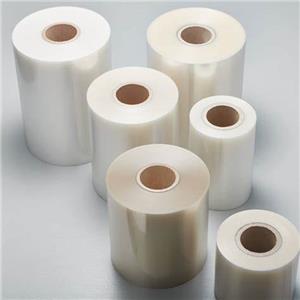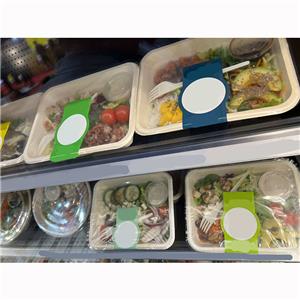Miami-Dade Takes Bold Step to Ban Plastics at County Facilities
Miami-Dade County is making big changes to tackle its growing plastic waste problem. On Wednesday, county commissioners voted to ban single-use plastics and styrofoam at county-owned places like Miami International Airport, PortMiami, parks, and office buildings. Instead, these locations will switch to things like aluminum bottles, reusable plates, or compostable alternatives.
Commissioner Eileen Higgins, who led the effort, said the goal is to set an example. “When you visit any county facility—whether it’s a park, the zoo, or the airport—you won’t see plastic. We’re showing everyone that it’s possible to move away from harmful plastics,” she said. The rule, supported by 10 of the 13 commissioners, doesn’t apply to everything—grab-and-go snacks, for example, are still allowed—but it’s a big step forward.
Local environmental groups are thrilled. Dave Doebler from VolunteerCleanup, a group that’s removed over 800,000 pounds of trash from South Florida beaches since 2013, said, “Plastics are full of nasty chemicals that harm both people and the planet. Compostable or aluminum products just make more sense—they look and feel better, too.”
The timing couldn’t be more urgent. Each year, the U.S. produces over 35 million tons of plastic, but only 5% is recycled. Most ends up in landfills, incinerators, or waterways, breaking down into tiny pieces called microplastics. These have been found in human organs, like brains and lungs, and are linked to health issues like cancer and infertility. Florida’s beaches, a major tourist attraction, also suffer from the plastic waste washing up from around the globe.
Miami-Dade’s waste problem is only growing. By 2028, the county expects to produce almost 3 million tons of trash annually. While plans are in place for a new incinerator, activists like Doebler say the real solution is reducing waste in the first place. Less trash means fewer toxins in Biscayne Bay and beyond.
Switching away from plastics has already worked in other places. Zoo Miami, for instance, replaced plastic water bottles with aluminum ones and cut out 340,000 bottles last year alone. William Elgar, the zoo’s director, said the change hasn’t hurt business and actually helps since aluminum can be recycled indefinitely.
Not everyone is on board, though. Some commissioners and industry groups argue the move could hurt businesses. The Florida Retail Federation (FRF) warned that small businesses might face financial challenges and suggested focusing on better recycling instead of bans. However, critics point out that the plastics industry has been promising workable recycling solutions for decades with little success.
Despite the pushback, supporters believe this ban could inspire others. Hard Rock Stadium and other businesses have already taken steps to reduce plastic waste. Higgins hopes Miami-Dade’s example will encourage more companies to offer eco-friendly alternatives. “We’re not telling people how to live their lives,” she said. “But this is how we’re choosing to run our county.”
The fight against plastic waste is part of a larger battle to address climate change. Plastics, which are made from fossil fuels, contribute to greenhouse gas emissions. By reducing plastic use, Miami-Dade is not only protecting the environment but also tackling a key part of the oil industry’s long-term plans. Environmentalists hope this shift will help slow climate change and protect future generations.
This new policy might not fix everything, but it’s a big step in the right direction. For Miami-Dade, it’s about showing that change is possible and leading the way for a cleaner, greener future.




